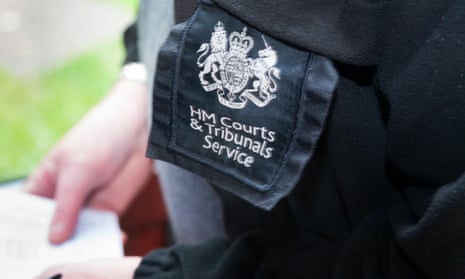Clearer guidelines have been published for courts sentencing offenders who have schizophrenia, depression or other mental disorders.
The Sentencing Council, an independent body which works to make sentencing rules more consistent, has issued guidance to judges and magistrates in England and Wales which will come into force from 1 October.
The advice will also cover cases where a defendant at the time of the offence and/or at the time of sentencing has post-traumatic stress disorder, developmental conditions such as autism and learning disabilities and neurological impairments such as some brain injuries or dementia.
Such cases are increasingly common in the courts but no formal guidance previously existed, according to the council.
It said:
- The impairment or disorder should always be considered by the court, and how this could affect the offender’s ability to understand and participate in proceedings, but will not necessarily have an impact on sentencing.
- Factors the courts should consider include whether culpability is reduced if the defendant was suffering from an impairment at the time of the offence but only if there is “sufficient evidence” of a connection between the disorder and the crimes.
- For serious offences, the court must consider the need to protect the public.
Sentencing Council member Judge Rosa Dean said the guidelines would “make sure that courts have the relevant information when sentencing offenders with mental disorders to make sure their rights and needs are balanced with protecting the public, and the right of victims and families to feel safe”.
